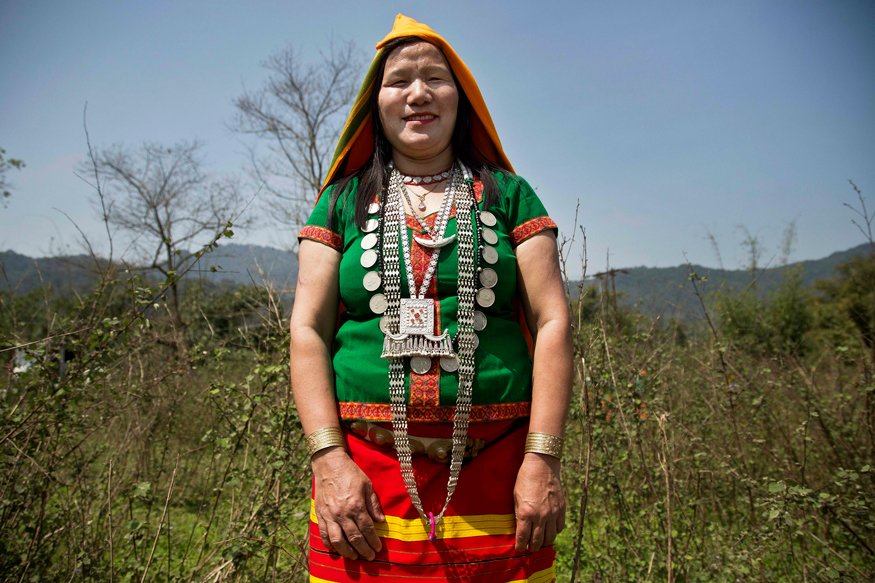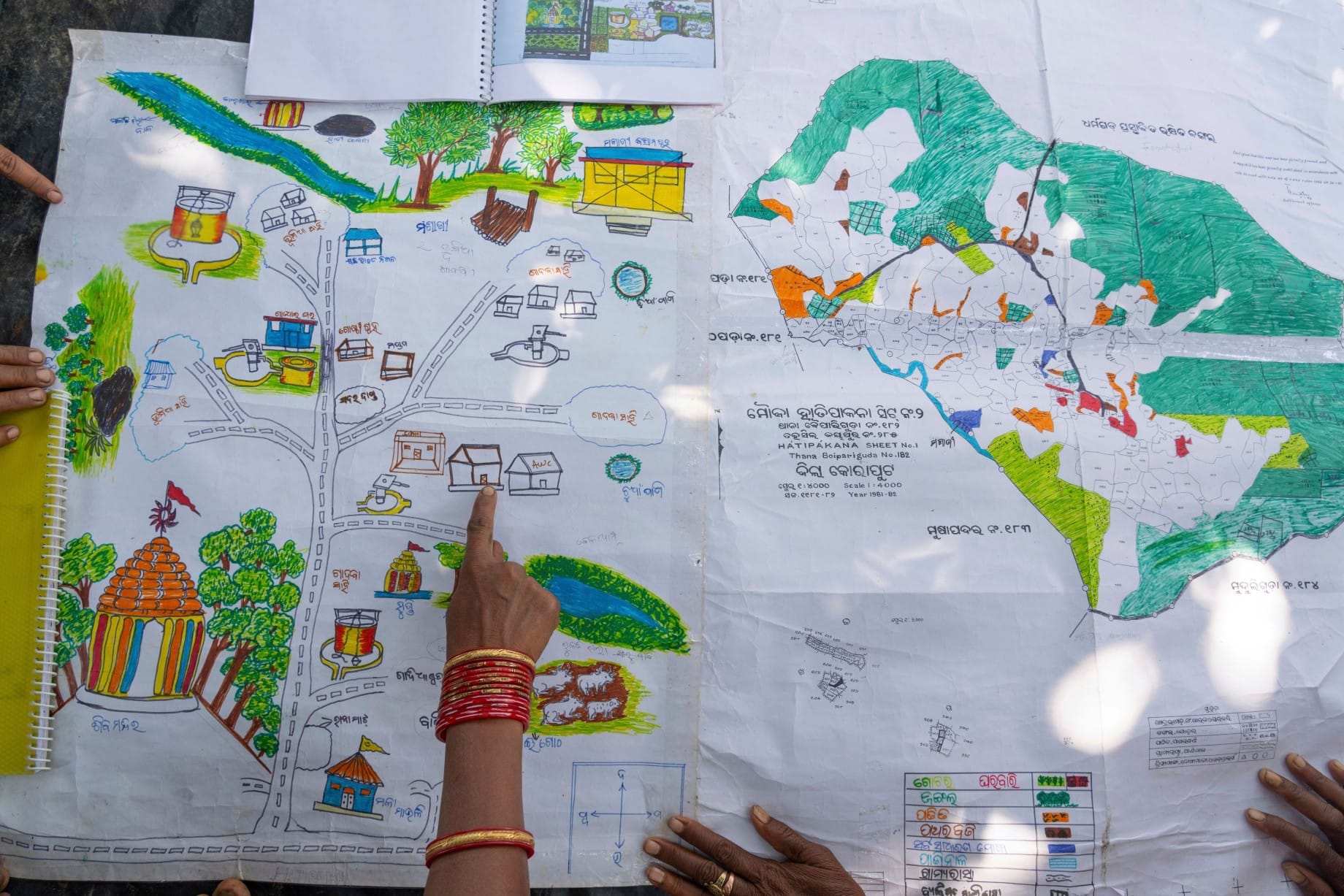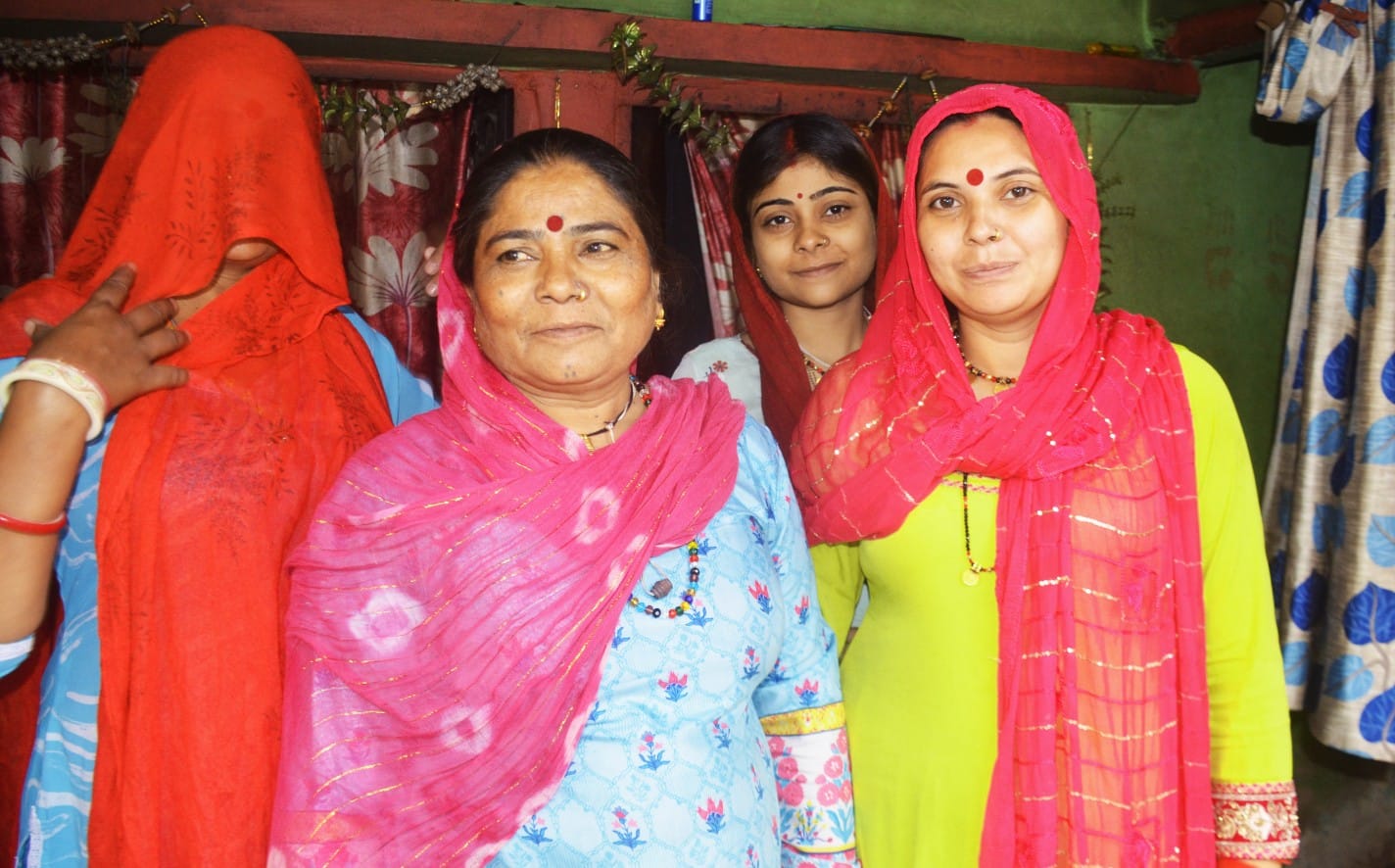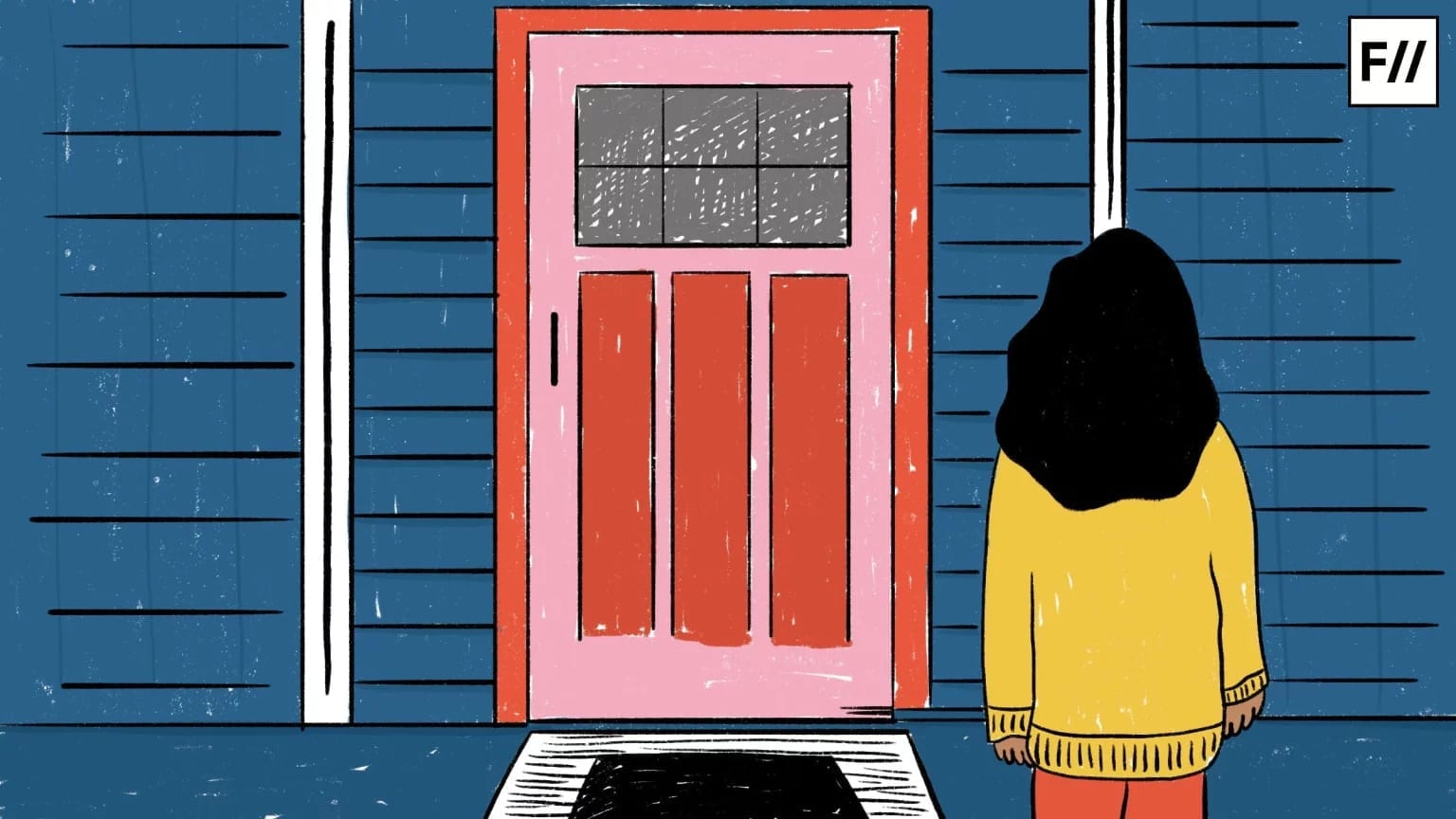Tribal history is proud to have witnessed brave and courageous women from indigenous communities, who have not only fought for their rights and entitlements, but have also led their communities successfully and are credited in the making of the Republic of India. Rani Durgavati, a fierce ruler of the kingdom of Gondwana fought valiantly against the Mughal armies, and was martyred in the war. Rani Gaidinliu led the movement to exorcise the colonial rulers from Nagaland and Manipur and Rani Chennamma was the Queen of Kittur and the first ruler to fight against the British Rule.
Tribal and Adivasi women activists like Dayani Barla, Kuni Sikala, Jamuna Tudu, Neidonuo Angami, Soni Sori to name a few have set an example for many young women to fight for their rights. Brilliant tribal women like Dutee Chand, Mary Kom and Dangmei Grac have also gained feats in the field of sports.
The decline in status of tribal women in independent India is proportionate to shifts from foraging tribes to agriculturist tribes as a result of rising influence of caste values in daily life and disintegration of the earlier communitarian systems of control, management and benefit sharing.
Government has now acknowledged several of such women of worth from the indigenous societies to stir their morale. Tulsi Munda, a courageous woman, victim of child labor herself, received the Padma Shri for her tremendous contribution to the field of education especially for the development of schools for tribal children. Not only in social fields but tribal women have made their mark in art and culture too. Purnamasi Jani, a tribal poetess from Odisha, also known as Tadisaru Bai locally, has composed and created over 50,000 devotional songs in Odia, Kui, and even Sanskrit. She was awarded the Padma Shri in January 2021. Curing and treating people with miraculous contribution in the field of traditional medicine, Lakshmikutty Amma, a 75-year-old tribal poison healer from Kallar, Kerala was also awarded the Padma Shri.
Also read: Rani Durgavati: The Valiant Gond Queen | #IndianWomenInHistory
These tribal women, the champions of tribal feminism have made a mark in society and have proved that women are every bit of fighters and most of all equals to their male counterparts. These achievements manifest the long way these women traversed. With what we see of momentous and bewildering revolution in their community, tribal women have now begun asserting their rights to inheritance and property. Dev Kelkar in the book Gender and Tribe: Women, land and forest in Jharkhand suggest that the decline in status of tribal women in independent India is proportionate to shifts from foraging tribes to agriculturist tribes as a result of rising influence of caste values in daily life and disintegration of the earlier communitarian systems of control, management and benefit sharing.
In the West, tribal feminism is segregated from philosophical feminism on the basis of ideals. But in India, in states of Jharkhand, Chattisgarh, the seven sisters of North East, Odisha and other states with tribal concentration; feminism is divided by mere denomination and united by ideology – the idea to attain equity in public spheres and equal acknowledgment in personal spaces.
It is appalling how even in this modern era, the abomination of women continues to be an issue of rising concern. It would not be untrue to state that even after much development in the domain of women’s rights, a majority of us are still struggling to be taken seriously as the society continues to hold zillions of stigmas that place women in a derogatory position. Such discrimination is so evident that we women continue to face inequality in terms of both opportunity & outcome.
However, the condition of a subset of women, namely – tribal women, is far worse than that of an average female living in a metropolitan city. This is not to say that the hardships women go through in general are justified but that, addressing the status and the achievements of tribal women in specific is imperative.
The feminist theories in the indigenous communities seek answers to questions and retort to issues like – ‘Have tribal women projected themselves as activists?’, ‘Is there a patriarchal structure in their society?’, ‘Does the tribal community have the same view about having a male child?’, ‘How much has modernisation affected the status of women?’, ‘Are tribal women aware of their social disadvantages based on cultural/ethnic/racial biases?’, ‘What is the attitude of male members towards tribal women?’, ‘What are the expectations of parents from a tribal girl child?’, ‘What are the feminine qualities they are expected to possess?’ etc.
Also read: 3 Tribal Women Who Helped Make India A Republic
In this modern era and mainstream sect of the society, feminism is a religion, a revolution with the zealous fervor, desire of certainty, and absolute conviction. Where on one hand, women of relatively privileged sects of the society are crystallising the everyday experiences; the tribal women on the other hand are still struggling with something as basic as acknowledgment in public spheres.
Tribal women are at the peril of being subsumed within an exotic cultural trope as non-speaking participants, passive data subjects, smiling servers waiting to be integrated into mainstream governance and decision making.
Tribal women are at the peril of being subsumed within an exotic cultural trope as non-speaking participants, passive data subjects, smiling servers waiting to be integrated into mainstream governance and decision making. A Naga Feminist writes her account describing the struggle of the tribal women in the region to attain something as basic as equality as she remains hopeful of the rectitude of her people to ‘resist the money, power and attractions of authority wrapped in Naga patriarchal and traditional cloaks.’
Feminism: The Voice Of Tribal Women, Yet?
Anil Kumar Mahapatra who studied the tribal women of Koraput, Odisha concludes that feminism is not something alien to tribal women. It is rather deeply ingrained in the very culture, than being followed out of fear, compassion, enlightenment, education or compulsion. He’d rather call it spontaneous and indigenous.
In the recent years after much deliberation, there have indeed been significant progressive changes in the tribal community. Modernisation is taking over, thereby affecting both men and women. However, the burden of inequitous socio-cultural norms and gender roles are so deeply embedded that men are still considered worthier as compared to women, and many times by women ourselves. It is time that these tribal women are brought to limelight and given the platform for them to rise and shine.
Trisha is a freelance legal draughtswoman and fempreneur. She is also a member of Advisory Council, Harvard Business Review and has authored several works. She desires to bring up issues and open up avenues for women in the field of litigation and business. You can find her on LinkedIN and Instagram
Featured Image Source: News18




